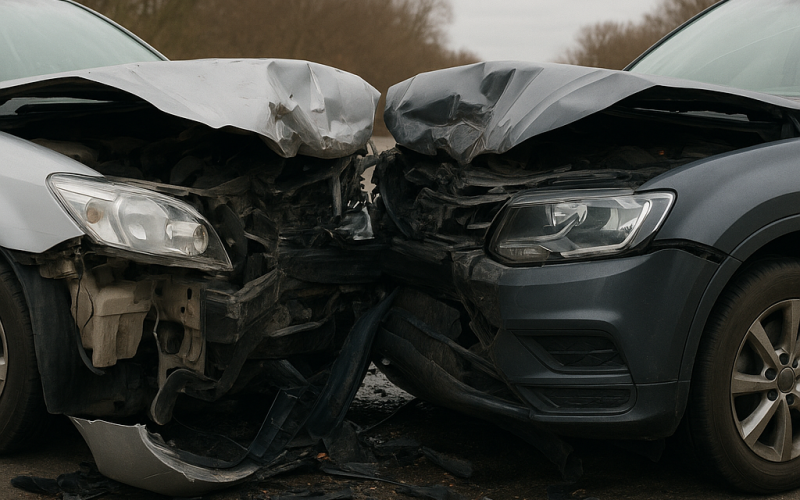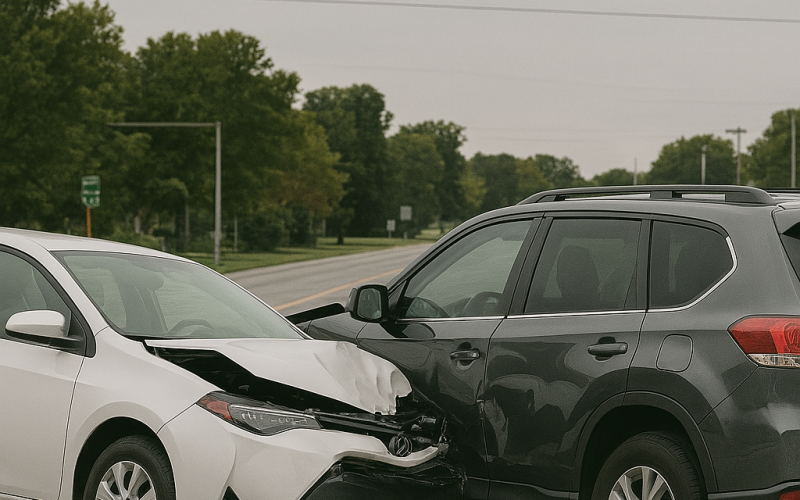Guide to Appealing a Workers’ Comp Decision



If you were hurt on the job, chances are you will want to file a workers’ compensation claim if you have not already. It is important to get the process moving as quickly as possible to get the compensation you need to cover your medical costs and loss of wages.
Unfortunately, workers’ compensation claims often do not favor the claimant. When workers’ comp claims receive denials, it leaves the worker suffering from the injury without compensation.
Received a denial of your claim and need help appealing the decision and presenting new evidence? Contact the experienced workers’ compensation lawyers at HawkLaw, P.A. Our personal injury lawyers are thoroughly versed in South Carolina workers’ compensation laws and will Fight for You. Call our law firm at 888-HAWKLAW.
Common Reasons for a Workers’ Compensation Claim Denial in South Carolina
South Carolina insurance companies often will deny a workers’ compensation claim, citing numerous reasons why the worker is not eligible for compensation.
Missed Deadlines
Workers must notify their employer of their injury within 90 days of the accident. Employers often try to skirt this rule when injuries that are not clear-cut occur. For instance, your employer may claim you did report your injury within 90 days if you have carpal tunnel syndrome or a disease that can not be linked to a singular event. That is why we recommend speaking to an attorney as soon as you receive a diagnosis.
Off-the-Job Injuries
South Carolina workers’ compensation covers serious work-related injuries or illnesses that prevent a worker from doing their job. Sometimes employers or insurance companies will try to say you were hurt outside the realm of your job if you were on the road or elsewhere away from the physical workplace, even if the trip was for work purposes. If you were performing your job duties, your employer’s insurance should cover you.
Horseplay
Injuries occurring from horseplay or improper or irresponsible behavior (e.g. drinking/drugs) on the job are legitimate reasons for an employer to deny a claim. However, even if you did not participate in any of these activities, employers will sometimes try to claim wrongdoing on the part of the employee to avoid having to make compensation payments.
Preexisting Conditions
Insurance companies will sometimes argue a worker’s injury is due to a pre-existing condition, not due to a workplace incident. Even if that is true, you may still qualify for workers’ compensation benefits if your work aggravated or worsened your condition.
Errors
Errors are a huge reason for denial. If you make any mistakes or neglect to submit the requested documentation, your application may be denied.
Other reasons for denial may include failing to seek treatment for your injury, classification as an independent contractor and not an employee, inadequate proof of injury, or the employer simply deciding to challenge the claim to avoid increases in insurance premiums.
How Do I Know if I Can Appeal an SC Workers’ Compensation Decision?
If you feel you were wrongly denied workers’ compensation benefits, or if your employer failed to respond to your claim, you can file an appeals hearing with the South Carolina Workers’ Compensation Commission (SCWCC). This entity comprises of seven commissioners who serve as workers’ compensation judges. If you are eligible under workers’ compensation law for the type of injury you suffered that occurred on the job, you have the right to appeal the decision.
What Are the Benefits of Appealing a Workers’ Compensation Decision?
The primary benefit of appealing a workers’ compensation decision is that you have another opportunity to try to receive an award. If you win the appeals process, you will get the money to help pay for your medical expenses and to cover lost wages until you heal and can return to work.
How Do I Appeal My OWCP Decision?
If the Office of Workers’ Compensation Programs (OWCP) denies your claim to receive benefits due to your injury, you do have the right to appeal its decision. The following steps are what you would do in this scenario.
Request a Hearing
The first step is requesting a “single commissioner hearing,” where you appear before one compensation commissioner and present your case. At your workers’ comp hearing, your attorney will ask you several questions related to your work and injury.
Commission Review
If the first hearing is unsuccessful due to the judge’s decision to deny your case, the next step is to request a further review by the full commission (usually three commissioners, but sometimes six).
Court of Appeals and the South Carolina Supreme Court
A denial by the full commission review gives you two last options to appeal. In this case, you have the right to appeal within 30 days to the South Carolina Court of Appeals. If it escalates, the South Carolina Supreme Court is your last stop.
Working with an experienced workers’ compensation attorney is your best course of action because you must meet numerous, highly specific deadlines. Workers’ comp appeals are complex. Making one misstep can significantly harm your chances of having a successful appeal. Your lawyer can handle the entire workers’ compensation appeals process, from filing your petition for reconsideration to representing you in a workers’ compensation trial.
Why is it Difficult to Get a Workers’ Comp Claim Approved in South Carolina?
Insurance companies promote themselves as covering people in their hour of need. In reality, insurers put effort into making it harder, especially in workers’ comp cases. They often seek to avoid approving these cases because they do not wish to part with their money. Sadly, this means claims are denied or delayed on a routine basis.
Often, insurers drag the processing of the claim out, either intentionally or unintentionally (e.g., clerical errors, understaffing, or the injured worker’s failure to submit the right documents or information). Other times, insurers eventually deny a claim, hoping people suffering injuries will simply give up and accept a low settlement.
Sometimes insurers simply outright deny your workers’ comp claim, indicating your injury does not qualify or that you were not “on the job” when you were hurt. They may also try to blame you or another third party for the accident to escape liability for paying disability benefits to cover injury-related expenses.
Working with a skilled workers’ comp attorney who can push insurance companies to abide by workers’ compensation rules can help keep your claim moving forward as it should. Your attorney can also help you file the right forms and documentation necessary for compensation. This significantly reduces the chances of delays and denials. Your lawyer can also quickly file an appeal if your insurance denies your claim.
Was Your Claim Denied? Do Not Be Discouraged.
If you suffer a work injury due to an accident occurring on the job, you need compensation for your medical bills, lost wages, and suffering. Unfortunately, employers and insurance companies do not make it easy for people to obtain the money they need to help pay for their temporary disability or permanent disability. Often, the insurance company will outright deny a claim.
You do not have to deal with this situation alone. If you file a workers’ compensation case and receive a denial, an experienced workers’ comp lawyer can help you to file an appeal to the correct district office. The attorneys at HawkLaw are well-versed in South Carolina workers’ compensation laws and can fight back against an often unfair system that does not treat injured workers as it should.
If you receive a denial for workers’ comp benefits, speak to our attorneys. Confidential and honest attorney-client relationships are incredibly important to us. We will Fight to Win so you can live a little easier after your injury. To learn more or obtain a free consultation,* reach out to us by calling 888-HAWKLAW or by filling out our online contact form.
HawkLaw services workers’ comp claims throughout South Carolina at our Charleston, Greenville, Spartanburg, and Columbia law offices.
John D. Hawkins
John Hawkins is the Founder and CEO of HawkLaw He has been licensed to practice law in South Carolina since his graduation with honors in 1994 from the University of South Carolina School of Law, where he was on the Law Review and Order of Wig and Robe.
-
$3,000,000*SettlementTrucking Accident
-
$1,005,000*SettlementCar Accident
-
$575,000*SettlementPersonal Injury
"*" indicates required fields












